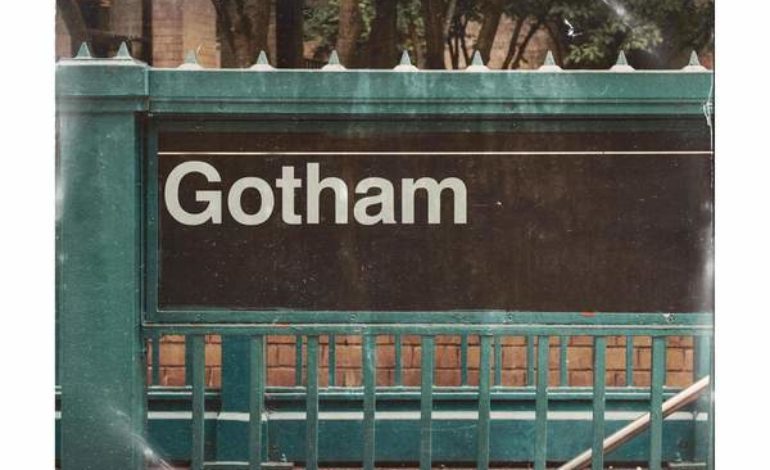

The hip-hop duo bring us into their own version of Gotham
The golden age of hip-hop and rap in the ‘80s and ‘90s set the foundation for the genre in terms of context and sound. From there, it was able to evolve into mainstream media and gain a bigger following in listeners and artists. The industry has been able to pump out artists at a rapid rate, almost leaving behind those who helped put the genre on the map. However, the influx of these ‘80s and ‘90s artists creating new music has given hip-hop the reminder of where it originated from. Talib Kweli and Diamond D are a couple of those artists who decided to step up and show off just how talented they still are. Their release, Gotham, parallels the fictional city from “Batman” to their experience living in New York City as well as their legacies.
The hazy boom-bap production on “Sons Of Gotham” kicks off the album, allowing Kweli to brag about how long he’s been in the game and how much of a role he’s played. “Olympic” features a prominent electric guitar and organ at the forefront of the production. Here they give a reminder that for them, it’s not about gaining more money but spreading the wealth and because they genuinely enjoy it. “The Quiet One” is a moment of reflection on Kweli being the voice of his city since his debut in hip-hop. It features a verse from Busta Rhymes that matches the almost animalistic beat.
“On Mamas” has a funky production with a light bassline and melodic synths. It matches well with the music video to accompany it. People see Talib Kweli and Diamond D in various parts of New York and in the studio working on their craft. With the catchiest hook in the project, “Attention Span” comes in the form of a space-sounding beat, with Kweli coming on with his complicated flow. Skyzoo offers a verse, and they both give their insight into the importance of looking around you: “You don’t pay attention man, that’s why your money is the size of your attention span.” Switching gears to a much softer production is “In Due Time.” Niré Alldai lends vocals in a sultry way, matching the piano in the background. It’s a contrast to Kweli’s harsh voice, but it balances well as Alldai switches her own flows.
“Pick Ya Head Up” features John Forté and is a piece on the current state of the world but also on how the system has been from the beginning. From the idea of freedom to what ‘protect and serve’ means, Kweli and Forté play around with these topics, allowing listeners to really think deeper. “Freedom of speech, but freedom ain’t free.” Diamond D hops on “Chillin While Black” to demonstrate his own skills on the mic. The horn-heavy beat is triumphant despite the deep lyrics of police brutality. They list off the scenarios in which Black people had lost their lives at the hands of police. Among that list was Tamir Rice, Sandra Bland, Philando Castile and more. The line, “it’s 2020 and still ain’t no justice for niggas left,” sums up the concept of the track. “I’ll Tell Ya Later” is a simple hollow beat that features NIKO IS. The emptiness in the production gives way for the rappers to play around with their vocals in terms of pitch, flow and enunciation. Ending the project is “The Fold,” where both Diamond D and Kweli have advice to exchange. The opening skit is reminiscent of older hip-hop tracks where the MCs introduced themselves to the audiences they were performing for. It’s as if they took it back to their roots for a minute with a jazzy production ornamented with horns and turntable scratches.
It’s no doubt that Talib Kweli and Diamond D have made big contributions to hip-hop. They were a part of the era where the sound had developed, and accessibility to the genre grew. Like many artists from this time, they want to remind everyone just how important they were. Gotham is a look into their reality, their legacies and a reminder that no matter how long it’s been since they debuted, they still got it.
